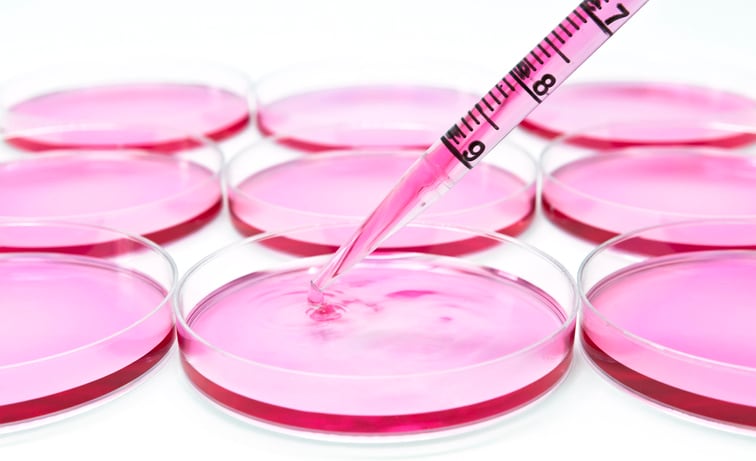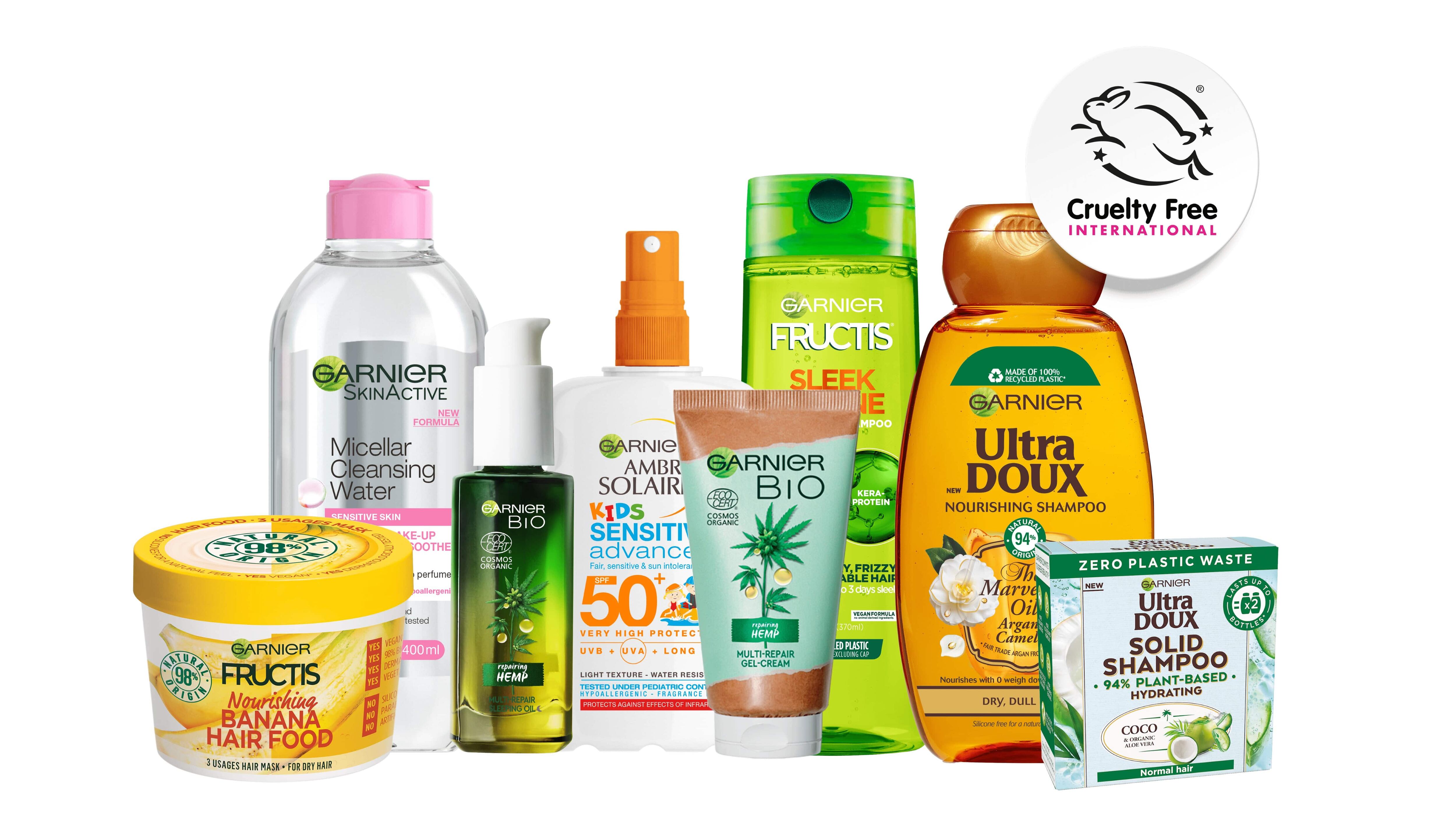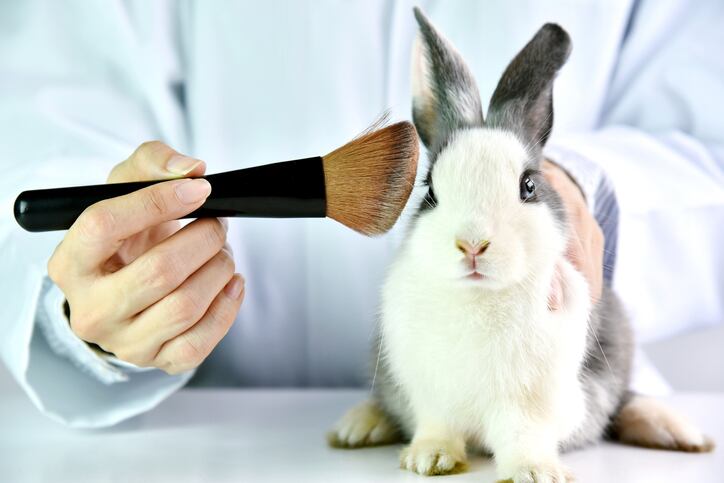The New Science Programme (NSP) was unveiled by trade associations Cosmetics Europe, Personal Care Products Council and Cosmetics Alliance Canada, along with several beauty brand leaders and the non-profit Humane Society International (HSI).
Unveiled today at Cosmetics Europe’s Annual Conference (CEAC) 2021, and primed to officially launch in January 2022, the programme had been designed to drive forward a global future where cosmetics was free from animal testing entirely. The programme had been built around three pillars – safety assessment capability, regulatory use, and education and training – and featured a central advisory board that would coordinate efforts under the programme during its five-year duration.
The trade associations, beauty brands and NGOs behind it were now calling on every stakeholder in cosmetics to get involved.
A ‘global programme’ to drive science, regulation and education on non-animal testing
“It is a unique programme. It’s the only programme that’s going to directly address cosmetic industry needs and we hope it will become the place to continue discussions that have been ongoing for 20+ years,” said Gavin Maxwell, strategy and communications lead for the Safety & Environmental Assurance Centre (SEAC) at Unilever, during a dedicated unveiling conference session at CEAC 2021 today.
The New Science Programme, Maxwell said, was currently recruiting members from all areas of the cosmetics industry and, from there, would look to approach partners to advance the science, education, and regulatory acceptance of animal-free testing alternatives worldwide.
“We’ve designed a global programme that aims to reach out and partner with everyone involved,” he said, including academics, trade associations, suppliers, regulators and NGOs.
“…Ultimately, this is about investment and continuing investment in scientific capability and regulatory outreach, but also about upskilling our whole industry to make sure we are as confident in these new approaches as we are with the historical ones,” Maxwell said.
Alexandra Kowcz, chief scientist and executive vice president of science at the US Personal Care Products Council, added: “We’re ready to go and ready for anyone who is interested to join, because the more partners we have, the better the science and the quicker the acceptance. The more brains, the better.”
For years, the cosmetics industry had been a leader in product safety and the development of non-animal testing methods, and Kowcz said the next step was to upscale this to a global stage.
“The goal is to truly advance innovation and develop safe products without animal testing globally because science is global, and it is the same no matter where you are in the world. Through collaboration and partnerships, we have achieved many successes and we need to continue this collaboration.”
A timely move – ‘global animal testing bans will soon be a reality’
Maxwell said the launch of the New Science Programme was also particularly timely given the ongoing regulatory changes worldwide.
“Global animal testing bans will soon be a reality. I think we can conclusively say ‘time is up’ on animal testing. And consumers want this change. They want safe cosmetics, but they want them without animal testing; and they’re also increasingly concerned about the potential for our products to do harm in the environment, so we need to make sure we’re addressing those needs too.”
The New Science Programme looked at both non-animal testing alternatives for human health and environmental impact safety assessments, he said, and aimed to ensure the next-generation alternative approaches were protective of both.
Kate Willett, senior director of science and regulatory affairs at HSI, said the “momentum” behind non-animal testing in cosmetics, from consumers and industry alike, along with increasing regulatory change, indicated what the future held globally.
“The world needs to be prepared, because the world is moving in this direction,” Willett said.
And the aim of the New Science Programme, she said, was not only to continue the drive of science and technology to enable this, but also achieve “long-term acceptance” of these new non-animal testing approaches amongst regulators.
“Industry is really responsible for having developed a lot of the science, so that needs to continue. But it also needs to be in collaboration with the people who need to use that information – the regulators need to be brought along so they can follow what’s going on and the decisions that have been made and why and have input in the process,” she said.
“…We really want this programme to address the needs of the regulatory committees and other stakeholders, and anyone involved in the safety assessment process.”
Non-animal testing to support cosmetics growth and innovation
Maxwell said that continuing to advance efforts in non-animal testing methods on a global scale across the cosmetics industry would also prove critical to competition.
“We believe we need this investment in order to continue to be competitive as an industry, to support growth and support innovation,” he said. “…Ultimately, without widespread use of non-animal testing alternatives, we’ll see our capacity to innovate dwindle.”
Horst Wenck, corporate vice president of front-end innovation at Beiersdorf, agreed: “The European cosmetics industry is the leading industry in the world. And if you look at our ability to innovate, a lot of that ability to innovate is residing on new ingredients. In many cases, you cannot simply just innovate with a different mix of the old stuff, you need to come up with novelties.”
But these ‘novelties’, Wenck said, had to be proven safe for use in cosmetics. And this was where it became critical industry turned to the “rapid advances” in science and technology for non-animal testing methods, he said.
“We are starting to be in a place in which we can really do safety assessment on novel ingredients, whose chemistry has been unknown to us before. For years, it has been extremely difficult whenever something truly new came about – it was either historical animal data or the minute it penetrated the skin you could hardly do safety assessments on it. …Our industry wants to take advantage, and needs to take advantage, of these rapid advances in these fields to provide better products for our consumers.”
Those interested in joining the New Science Programme were asked to reach out to Cosmetics Europe or the Personal Care Products Council directly.



